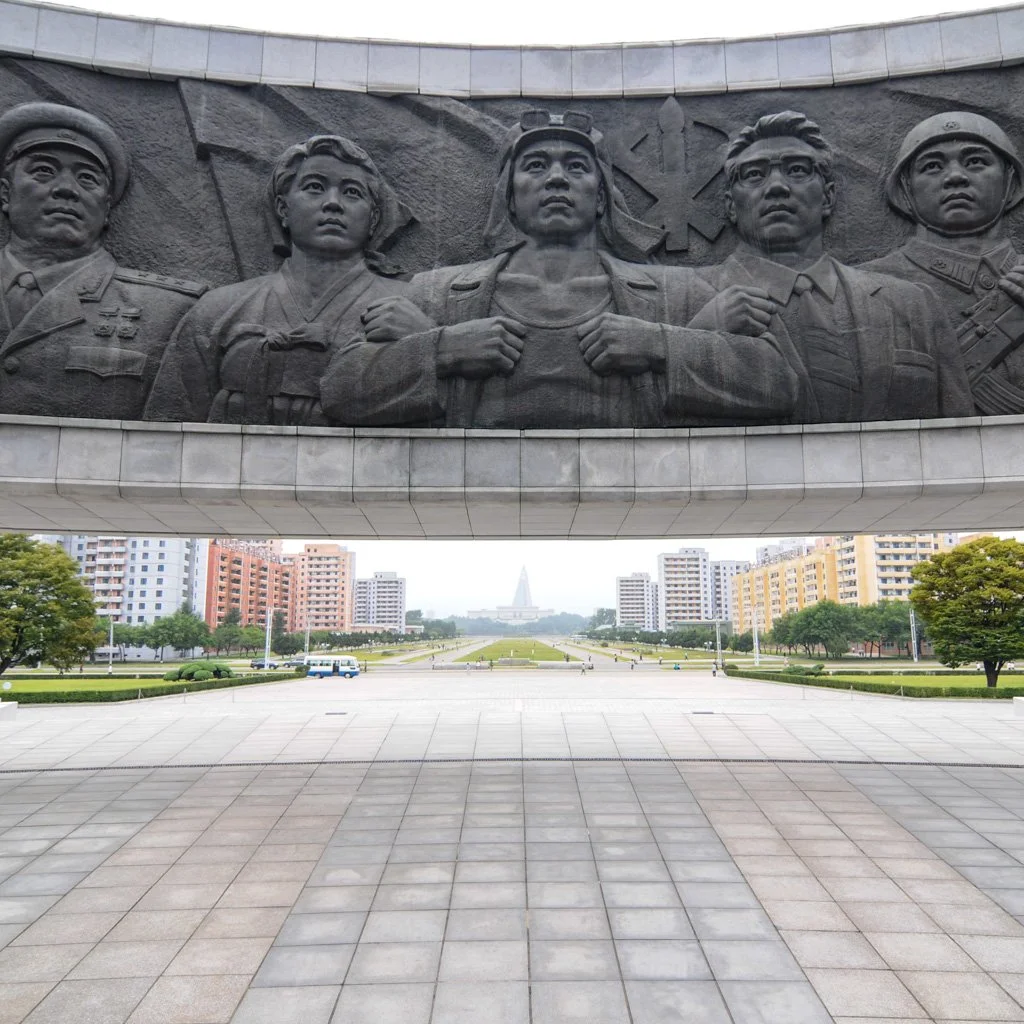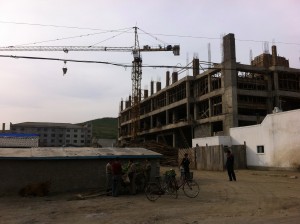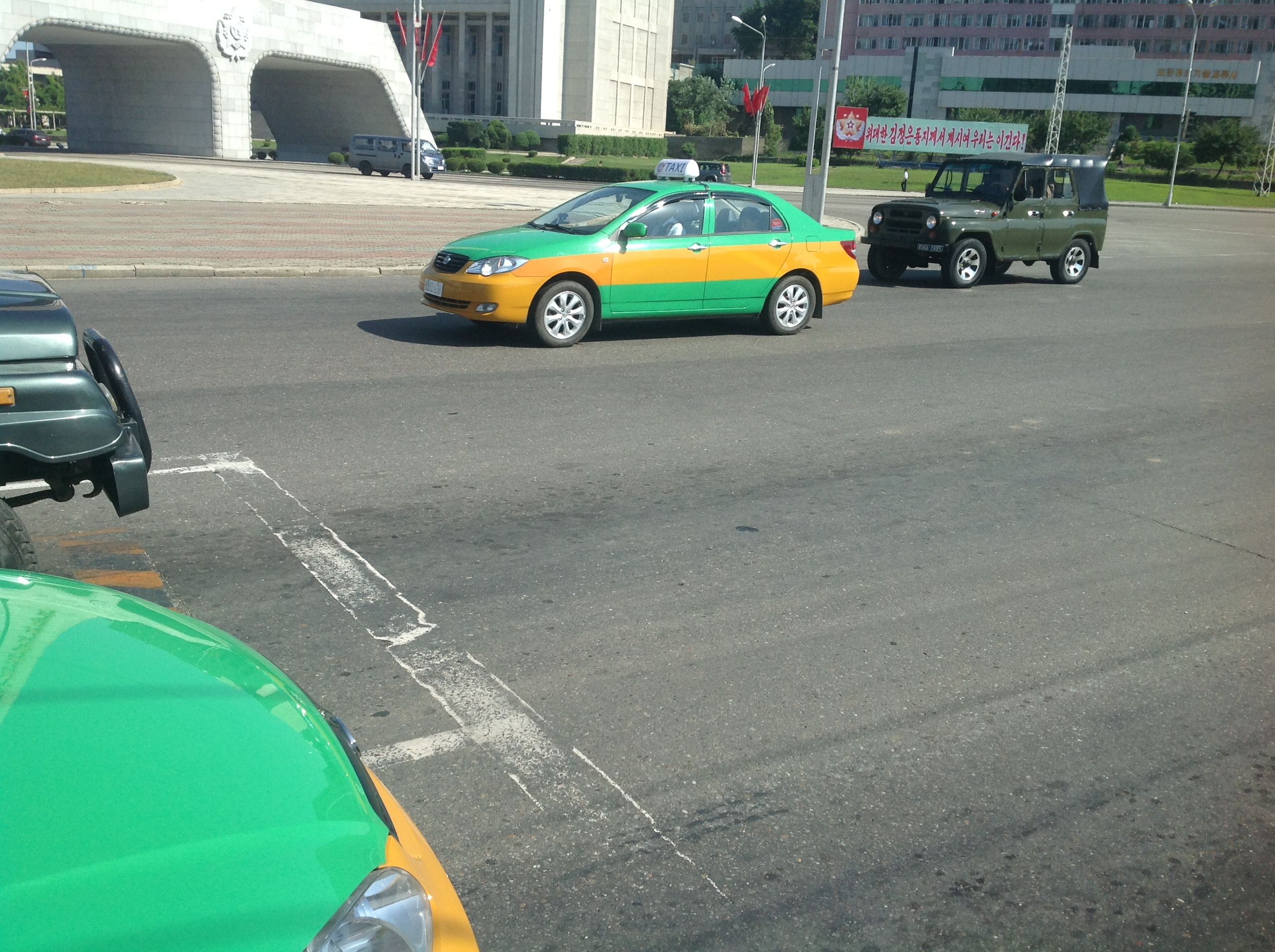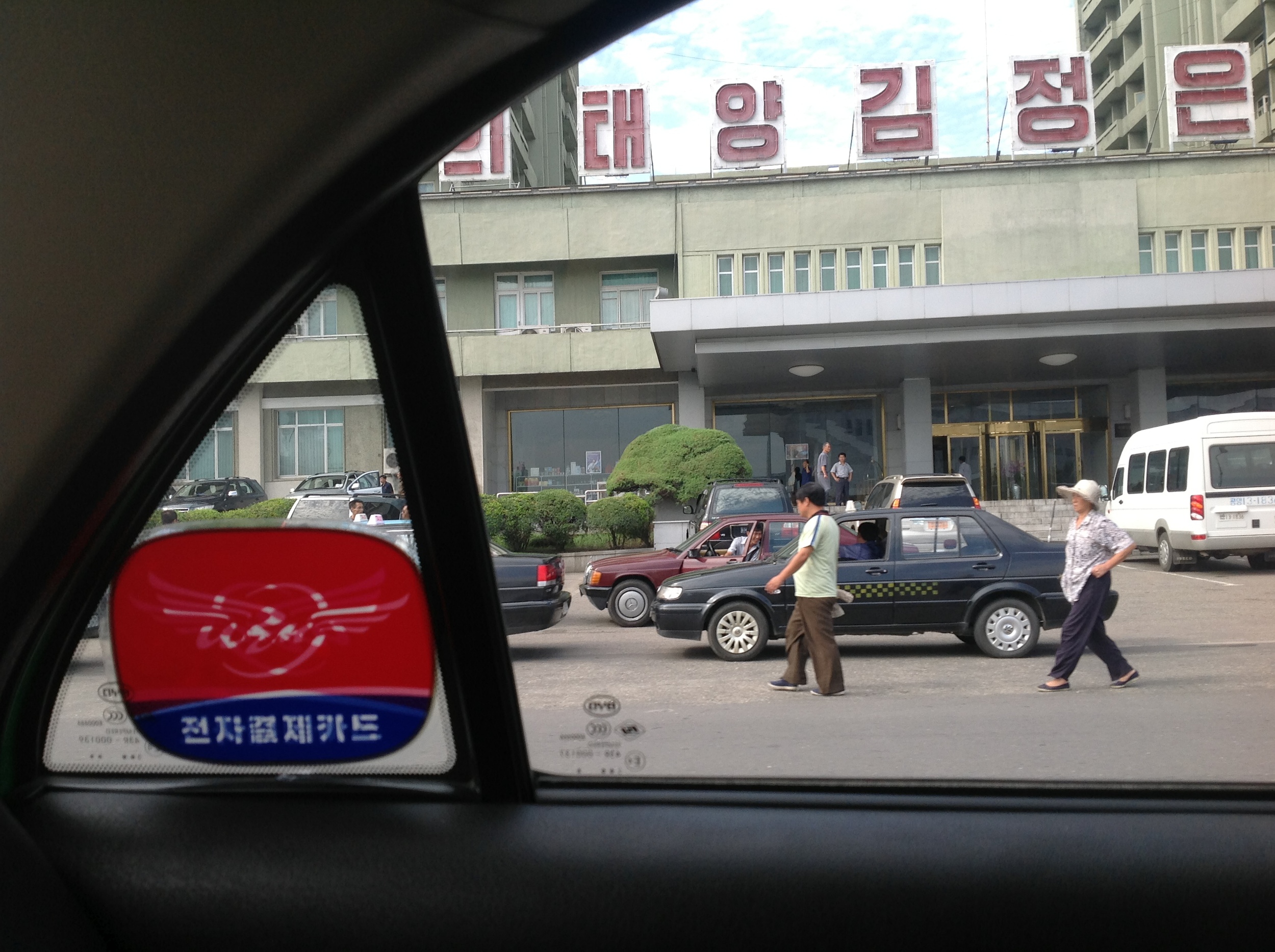Up Next for Changjitu: Hunchun
The Changjitu (Changchun, Jilin city, Tumen) development plan continues to transform Jilin province. The Changjitu economic zone includes Yanbian Korean autonomous prefecture and parts of Changchun and Jilin, two major cities in the province. As we’ve previously argued, the logical end to export-industries in Jilin province is Rason port, with Jilin officials and industrialists looking over the border, waiting for political conditions to be right.
Last year in Yanbian, Yanji city underwent a building boom in anticipation of Wen Jiabao’s visit to commemorate 50 years of Yanbian’s ‘autonomous’ status. Local ethnic Korean leaders fret that status may be in jeopardy as the region suffers from a brain-drain to not just one, but three metropolitan centers: Seoul, Beijing and Shanghai. The region’s development path will continue regardless of this local political issue, and this year the major construction projects seem to have shifted over to Hunchun, the nearest city to the border crossing into Rason. The familiar Chinese cityscape of a construction crane-forest greets visitors, with retail, industrial and residential projects populating the horizon. As the city grows, more small and medium sized businesses will be just an hour from Rason proper.
Even though it wasn’t the height of tourist season, there were long lines of cars at the border. In town, foreigners (at least some) appear to have more freedom than ever, with no trouble walking freely around town without guides.
Road to China, Train to Russia
The road to the border with China is now completed all the way to the port.
On September 22nd, the new Rason-Russia railway link opened. This takes a gauge train line all the way to Rajin port. The rather slow construction over the last several years – not Masikryong speed – can be explained by the complexities of the project, with four dual-gauge tracks along 54 kilometers, 18 bridges, 12 culverts and three tunnels with a combined length of more than 4·5 km. It was completed by a DPRK-Russian JV (Russian Railways Trading Company -70% - and the Port of Rason -30%.), which will continue to run the line. Further development of the port is reported to be underway.
There are already “concrete plans” to export Mongolian coal via this train line and through Rajin port, though we haven’t heard anything more about the test-runs of Northeastern coal to Chinese ports via Rason..
Power
With Rason’s crumbling electrical infrastructure largely beyond repair, there have been rumors the last two years that the SEZ will be hooked up to Jilin province’s electrical grid. This plan is still not approved, however. Beijing’s Ministry of Commerce is supposedly sitting on it, offering the reason that they are working out proposals for how to construct the lines through protected habitats. Apparently, Siberian Tigers still roam the area, but with perhaps as few as 14 mating pairs in the whole China-Russia border region. China delaying development projects for the sake of environmental concerns doesn’t exactly ring true.
Building Projects
The major mixed-use retail/wholesale/residential projects is yet unfinished, but it is not alone, as several new apartment blocks are being constructed in Rason. We were told that some of these are Chinese built and would be sold to locals for 200USD per square meter.
Rason-Chilbo Link
Chilbo Mountain has apparently been designated a Special Economic Zone, with locally issued travel permits for foreigners now possible through Rason. Rason administrators seemed aware of this in theory, but didn’t have experience arranging such travel. Choson Exchange intends to explore this passage next year as we turn to programs focused on SEZ development and management.
Management Structure
Management of the zone seems to have been experimented with fairly often in the last few years. In 2011, there was a great amount of positivity at how much autonomy had been granted the local Economic Cooperation Bureau. In 2012, we were told that Rason had come under the Joint Venture and Investment Commission and that key decisions were made in Pyongyang, though many decisions could be made locally. Now it appears that a Special Economic Zone Bureau has been split off from JVIC and will be managing all special economic zones, including Rason. There is talk of over a dozen, including those already in existence. Which they will choose to focus on and the degree of central control they will exert remains unknown.












